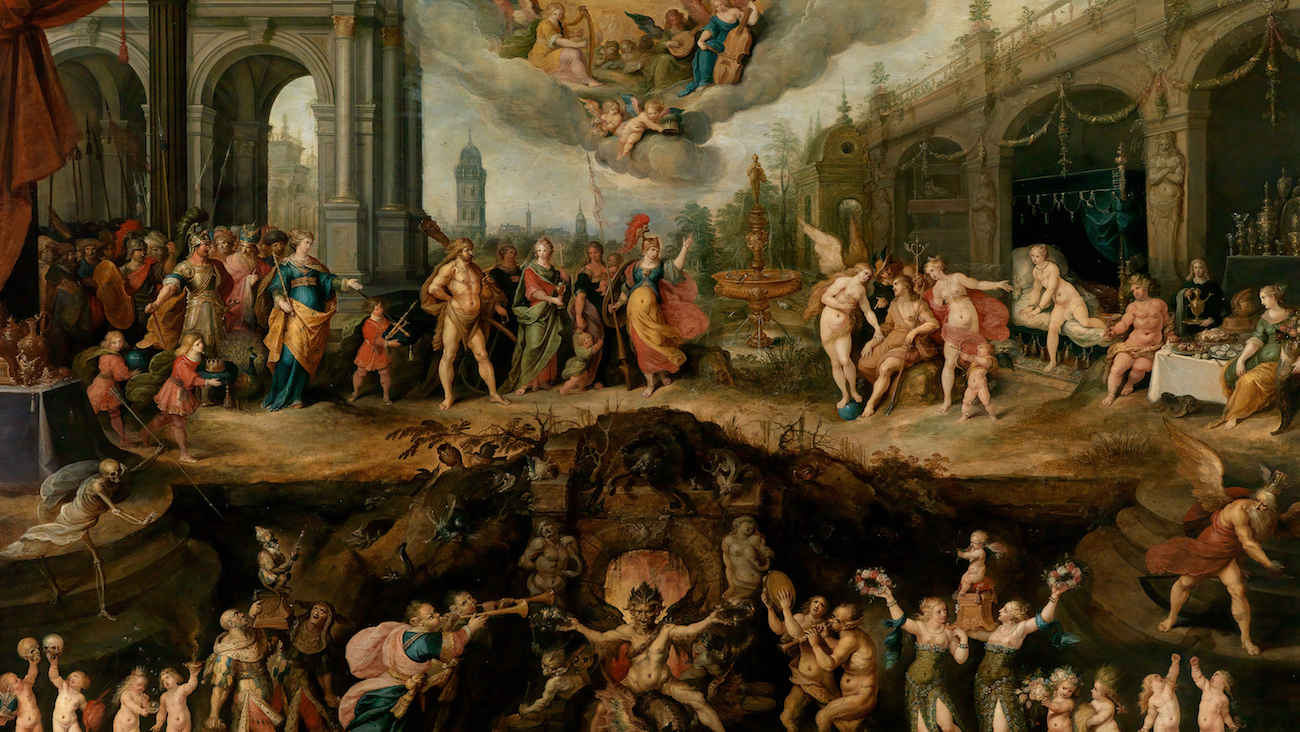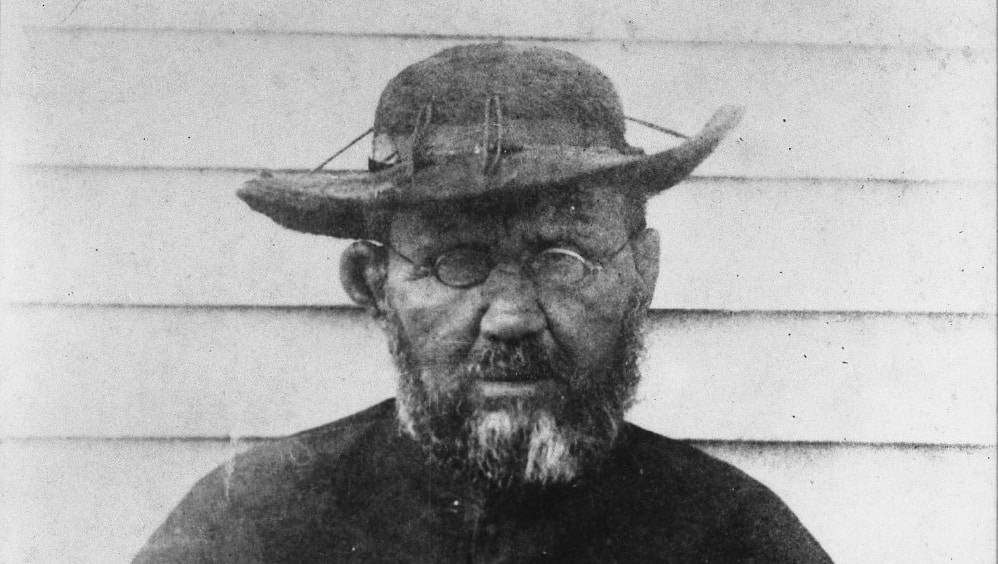Covid-19 came to America and the rest of the world without warning and changed our lives in ways never imagined except perhaps in science-fiction. People’s reactions to the crisis have ranged from heroic efforts to serve those vulnerable to the virus, all the way to the other extreme of hoarding, price gouging, and profiteering. The most obvious lesson to be drawn from these reactions is one that major religions have taught for millennia—that human beings are called to virtue, but strongly tempted to vice. To adapt a line from H. W. Longfellow, when humans are good they can be very, very good; and when they are bad they can be horrid.
For decades, however, our culture has scoffed at the teachings of religion and asserted that right and wrong, virtue and vice, are a matter of personal opinion, and that putting one’s personal wants above other people’s needs and rights is not only acceptable but wise, even noble. The lesson of the crisis is a reminder of the wisdom of the ancient teaching and the folly of having abandoned it.
Another lesson, related to the first but distinct from it, is that our culture’s abandonment of traditional morality has created a threat to every citizen’s security. The evidence of this threat is at present plentiful, and most of it involves the overreach of government. Some examples:
A California man was arrested simply for sitting on an otherwise empty beach.
Another California man was arrested for paddle-boarding in the ocean by himself with no one around him.
A Texas salon owner was sent to jail for refusing to apologize to a judge for opening her business (with safety protocols observed).
In a number of states, liquor stores were allowed to remain open while churches were closed. (Was that because booze sanitizes but holy water doesn’t?)
The governor of NY ordered nursing homes to take in people with Covid-19, ignoring the staffs’ protests that they were not equipped to handle the transfers without endangering other elderly residents. The governor subsequently doubled and tripled down on his order.
The governor of Michigan forbade the sale of child car seats as non-essential. The same for seeds for people’s gardens. Ditto paint, floor covering, and furniture. She also forbade people who own vacation homes from traveling to them from their main residences. However, she approved the sale of Lotto tickets, evidently deeming them “essential” to residents’ lives.
In Greenville, Mississippi church-goers were fined $500 for attending a service in their church parking lot, even though they social-distanced by remaining in their cars.
The mayor of Louisville, Kentucky banned drive-in church services specifically on Easter Sunday.
In some states, including Texas, abortion services were classified as “essential” while church services were not.
Twenty-two states are reportedly using surveillance drones manufactured in China to “enforce social distancing.” (This practice is a grim reminder of the warning “Big Brother Is Watching You” in George Orwell’s 1984.)
In many states, while law-abiding citizens were being fined or sent to jail for not obeying government directives exactly as prescribed, convicted criminals were being released from prison.
One action attempted by Congress has received less media attention than the actions of cities and states but is equally objectionable. That action is giving financial aid to cover deficits caused by government mismanagement that occurred long before Covid-19. This legalization requires residents of fiscally responsible states to assume financial responsibility for the folly of other states.
Each of these examples of government overreach violates freedoms set forth in the Constitution—freedoms that elected officials take an oath to defend.
Such violations of freedom are routine in dictatorships, but how could they occur so suddenly and dramatically in this country? Here, in brief, is my explanation:
The fundamental reality about human nature, as I noted at the beginning of this essay, is that we are all born imperfect and stay that way throughout our lives. Whether we call the condition Original Sin or something else, there’s no denying its reality. We also have the capacity to solve problems, make decisions, speak and act intelligently, but only if we have the good sense to remember our imperfection and maintain our intellectual humility.
Religion can help us maintain intellectual humility by reminding us of our status in the order of creation—pretty high, but not so high as to foster arrogance. The rejection of religion invites inflation of our self-image—if there is no God, then there is no good reason to rein in our urges, desires, or whims, and truth and reality are whatever we wish them to be.
Inflated self-image is the father of arrogance, and power is its nursemaid. As Lord Acton wisely noted, “Power corrupts, and absolute power corrupts absolutely.” The process of corruption is, of course, gradual. It begins in the workplace when a person is promoted from worker to supervisor, and given a measure of control over others; and it increases as he advances. In elected office it increases as one becomes, say, a councilman, and then a mayor, an assemblyman, a congressman or a governor. Without the humility that religion can bring, the more power the person gets over others, the more inflated his self-image becomes. And the more inflated his self-image, the more brilliant he believes his judgments to be and the more emboldened he becomes to force them on others.
I am not suggesting that religious people are necessarily humble or that non-religious people cannot be humble, only that belief in a God who commands humility helps us resist the corrupting force of power. Cultural milieu, of course, is also a factor. An atheist raised in a religious culture is often more likely to be humble than a religious believer raised in a non-religious culture.
Today’s leaders have grown up in a culture dismissive of religion and the values it teaches and therefore tend to lack humility. Accordingly, it is not surprising that many of them are arrogant rather than humble and, in a crisis like the present one, eagerly seize the opportunity to impose their will on others.
Copyright © 2020 by Vincent Ryan Ruggiero. All rights reserved








